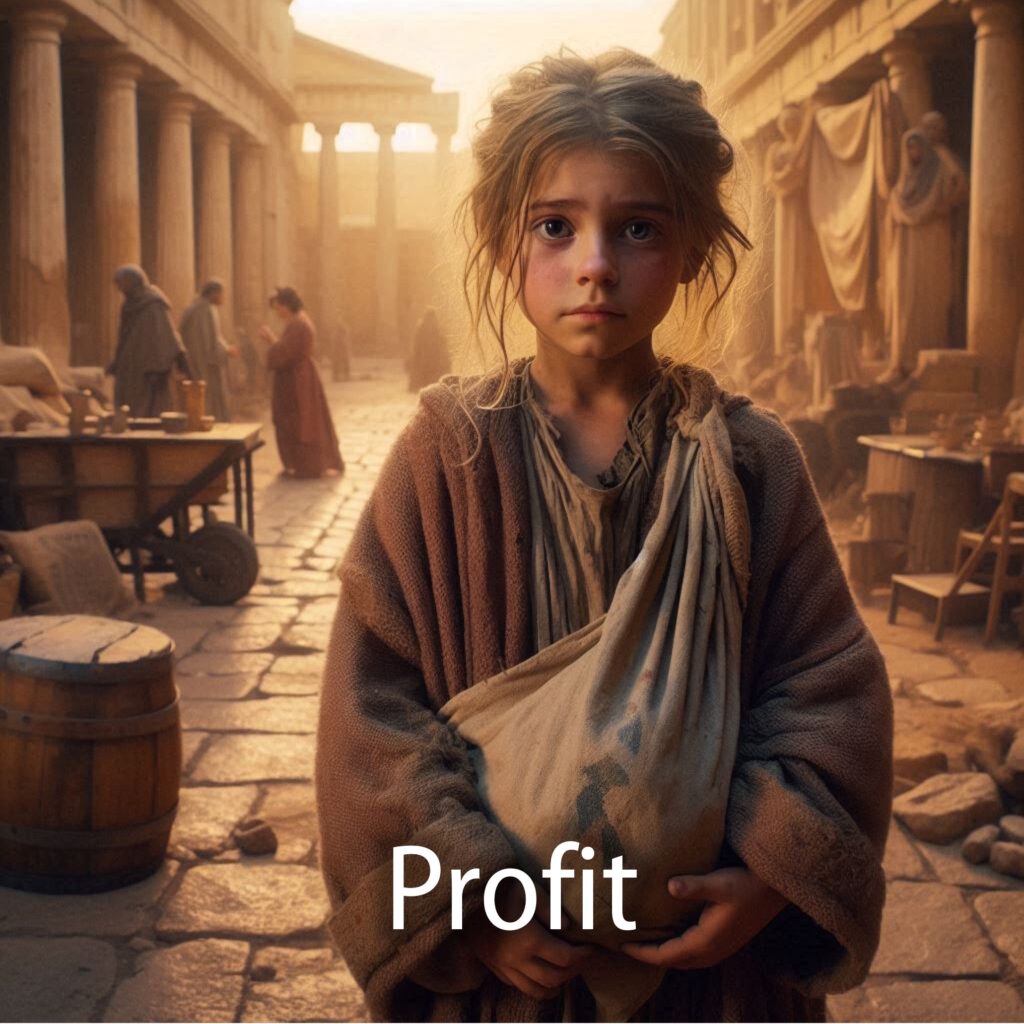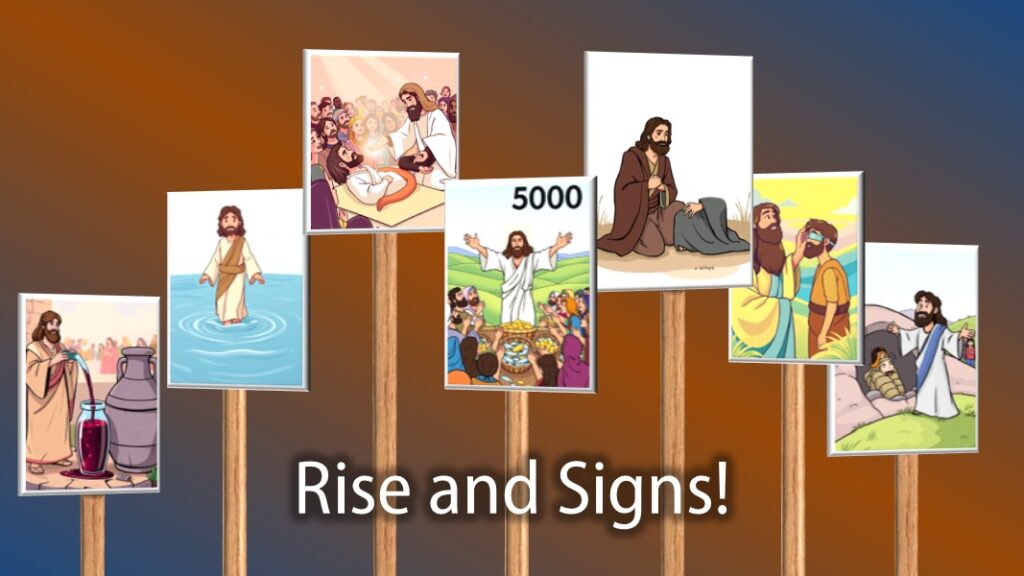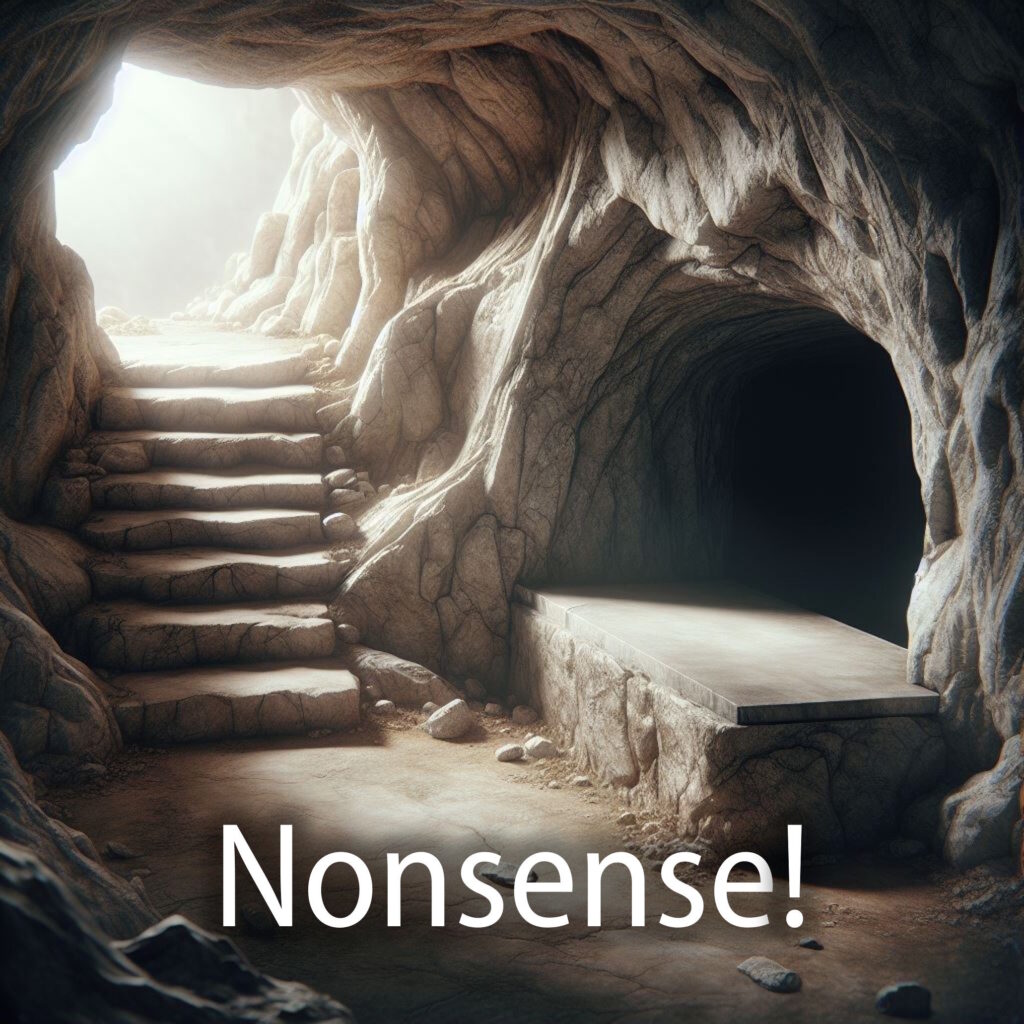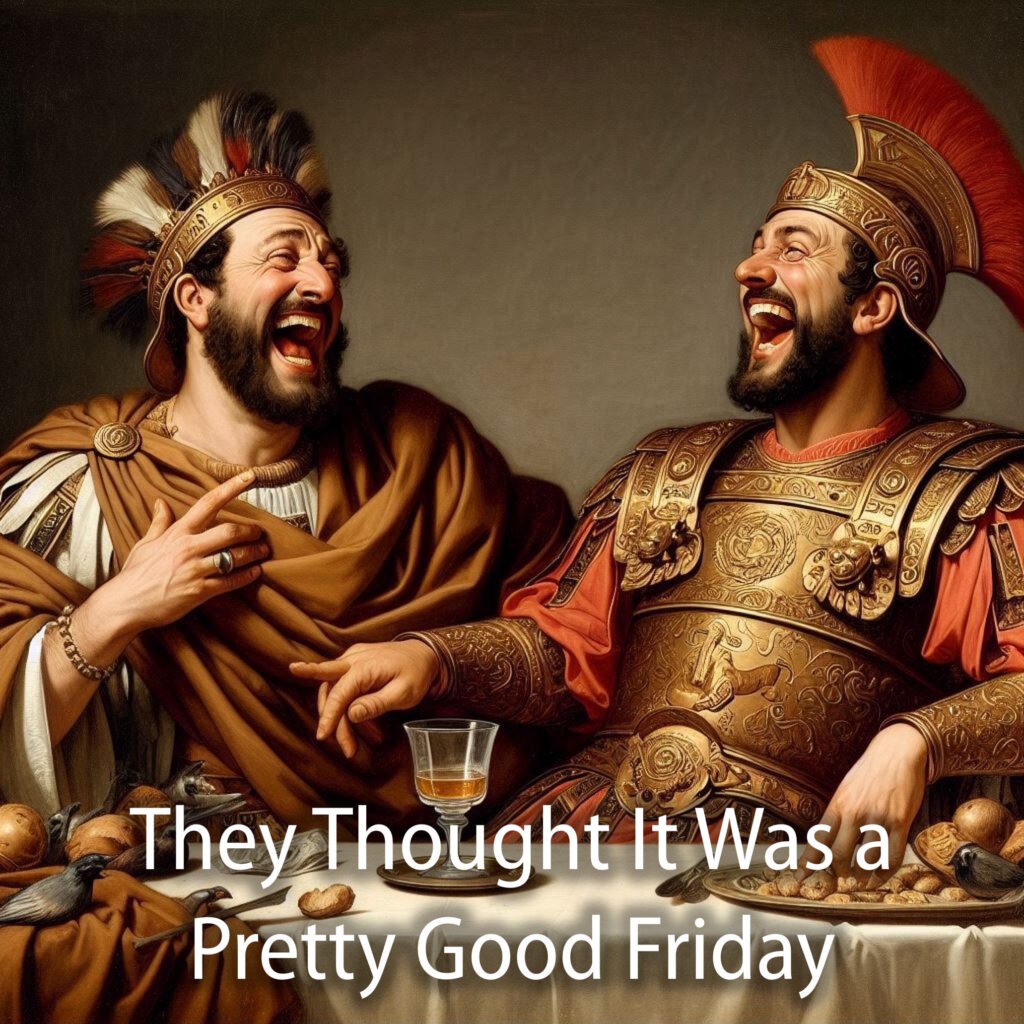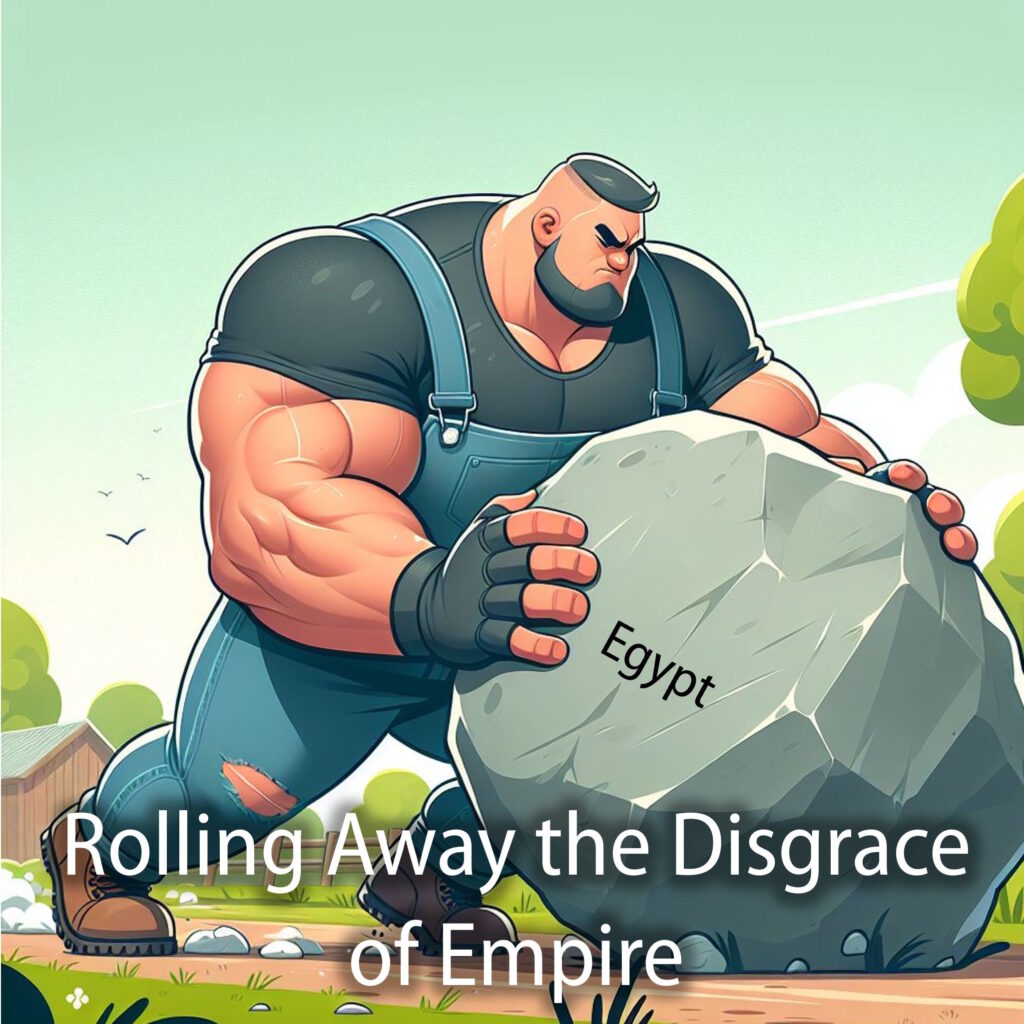Achsah & Othniel: Springs for the Negeb
Hespeler, June 8, 2025 © Scott McAndless – Day of Pentecost
Joshua 15:13-19, Acts 2:1-21, Psalm 104:24-34, 35b, John 14:8-17, 25-27
Two weeks ago, we began our discussions about our new identity, and you were introduced to two people that I call Ancient Israel’s first power couple, Achsah and Othniel. I told you that we needed to know about them because we are like them.
We are like them in our amalgamation, I said, because we too have come together in a somewhat rushed arranged marriage. But we are also like them in that God used them as a power couple to lead the people of God into a new era in a strange new land. That is absolutely what God is calling us to do right now.
Not So Obscure
And admit it, some of you wondered why I came up with these two biblical characters. Out of all the amazing characters in the Bible that everyone has heard of before, and people actually even know how to pronounce their names, why did I have to talk about this obscure couple?
But guess what, they are really not as obscure as you think. Two weeks ago, we read two passages about these people from the Book of Judges. This morning, we read an entirely different passage of scripture from a different book. And yet right there, once again, we were told the story of this same power couple.
And do you think that it is just a coincidence or an editing error that this story is told twice in two different biblical books? No, I don’t think so. I don’t believe in coincidences when I’m reading the scriptures. There is a message in this repetition, and it is a message for us and it is for us where we are today.
There is something else that God is calling to our attention. It is the secret of the success that this couple enjoyed in leading the people of Israel, and it is a secret that we need to reveal as we embrace the next phase in our life together.
A Problematic Conquest
But there is something you need to understand first though. In the Book of Joshua, the Bible tells the story of the emergence of the tribes in the land of Israel in a particular way. It is told as a conquest – something that I know people may find to be rather troubling. In fact, the invading tribes who are led by Joshua often engage in what would absolutely be called genocide today, wiping out entire tribes and peoples at once.
That is troubling – and it should be troubling! And it is doubly troubling when you realize that the story of Joshua’s conquest has also used to justify modern atrocities such as apartheid in South Africa, the treatment of indigenous people in Canada and all over the world, and the ongoing targeting of children, civilians and health infrastructure in Gaza. Again and again, people acting in the name of God have said, if Joshua did it, why can’t we do it too?
Hebrew Origins
But here is the simple historical truth. The conquest, as told in the Book of Joshua, didn’t happen. The archaeological evidence is quite clear. The Israelites did not enter the land of Israel as a large group of outside invaders.
As far as we can tell, the Hebrew tribes had their origins in the hill country of what later came to be known as Israel. It was there that they learned to cooperate together and developed a common identity built around worshiping their common God. But they were not culturally very different from the Canaanite people who surrounded them.
Now there are some reasons, and very good reasons based on their experience with God, for why they came to see themselves as a former slave people who had escaped from Egypt. This was actually a very important part of their identity, and the stories pointed to the truth of that. But the stories of genocidal conquest were much more about understanding how they felt their God was calling them to live in relationship to the land than it was about what actually happened.
Recognized in Scripture
And it seems that they knew, as is often recognized in the scriptures, that they were not in the land as outside conquerors. There is regular acknowledgement that the tribes of Israel were living alongside “the Canaanites, the Hittites, the Amorites, the Perizzites, the Hivites, and the Jebusites,” and were intermarried with them and even joined them in worship. (See Judges 3:5-6)
And the story of Achsah and Othniel, told as it is in both the Book of Joshua (which is about a conquest), and in the Book of Judges (which is an alternate history of the people living alongside their Canaanite neighbours), offers us a unique way to look at the meaning of these alternate views of history.
Moving Out from the Hill Country
Achsah and Othniel start out living in the tribe of Judah up in the hills of Judah and they then move out beyond that traditional territory. They represent the tribe spreading out their influence from the lands where they have been established for generations.
They move out to this place called Kiriath-sepher. Settling there is, in fact, what brings them together. And Kiriath-sepher is in a region called the Negeb. And the Negeb is, kind of famously, a very harsh desert.
If this power couple extended the tribe of Judah’s territory into such a forbidding place, they likely did not do so as violent conquerors. They came as partners working together with the people already settled there. They offered them the protection of being associated with the tribe of Judah and its mutual defence pact with the other Israelite tribes.
Living in the Hill Country
Now, I realize that ancient politics and military alliances don’t mean a lot to us today, so let me put this in terms that we can relate to. The Presbyterian Church in this area, has been established for a very long time. We celebrated our 150th anniversary as a national church just last week!
But it has become pretty clear in recent times that the church has become more isolated from the mainstream of society. We are like the tribes of Israel, isolated up in the hill country while the society around us has changed and diversified and grown.
And so God (who I guess is Caleb in this metaphor) is coming along and saying to the church, “Who will go out from the hill country where you have been comfortable and familiar? Who will take this message of good news and go out into the Negeb, where it is dry, and resources are scarce, and people are not feeling so secure?”
A Partnership for the Negeb
What’s more, God is saying specifically to us folk who were part of St. Andrew’s and Knox that, if we take on the challenge of living out the kingdom of God in the Negeb, God will give us a partner – a spouse if you wish – to go with us, so that together we will be stronger and more able to meet the needs of the people of the Negeb.
And the wonderful thing is that we have already responded to this challenge from God. I hope you recognize that, when we signed up for this amalgamation – this marriage – together, we accepted God’s challenge to go to the Negeb, to go outside of what is comfortable and familiar, to actually show the love of Christ to people who have lost contact with the churches in the hill country and who are struggling.
So that has all already been taken care of. The marriage of Achsah and Othniel has already taken place. So, you may well be asking why we have not yet left their story behind. Well, it is because these two people do something very important before they head off to take up their mission in the Negeb. They have a very important conversation.
Achsah’s Ask
“When [Achsah] came to [Othniel], she urged him to ask her father for a field.” What is she saying here? This is about resources. She is saying to her new husband that, if they are going to meet this challenge, they are going to need to know that they have what they need to make a success of it.
And the field she is thinking of is a very particular resource that is particularly fitting for where they are going. In fact, having spoken to her husband, Achsah doesn’t wait. She doesn’t hold endless congregational meetings and strategy sessions; she goes straight to the source, her father.
“As she dismounted from her donkey, Caleb said to her, ‘What do you wish?’” What a perfect picture of our God, who can’t even wait for us to get off our donkey, who is so eager to provide us with what we need to thrive that he can’t even wait for us to come inside and sit down to tea!
Springs in the Desert
And Achsah knows exactly what she is going to ask for. “She said to him, ‘Give me a present; since you have set me in the land of the Negeb, give me springs of water as well.’” And so, we discover what sort of field she has in mind.
And, of course, what better resource to have access to if you want to take care of the needs of people in the desert than a steady and reliable supply of water. Caleb clearly approves of her request and immediately gives her not one field but two fields – both the upper springs and the lower springs.
How has God Gifted Us?
Today we turn in our discussions to something that is absolutely key to the new identity that God is giving us as an amalgamated congregation – the question of how God has gifted us with what we need to minister in the Negeb. We take it for granted that God has called us together, that God is requiring us to step out of the familiar hill country and into the unfamiliar desert territory around us.
But if we are going to understand exactly what it is that God is calling us to do in the Negeb, we need to understand how God has uniquely gifted us for that ministry. God has provided, and will always provide for us, streams of living water. But God loves to use our unique gifts and talents in highly personalized ways.
So today, we are dismounting from our donkey and asking God, “If you have sent us to be the church in this challenging place and time, what particular springs of water have you given us and how can we employ them to bring life to a dry and desolate land?”
Abundant Springs
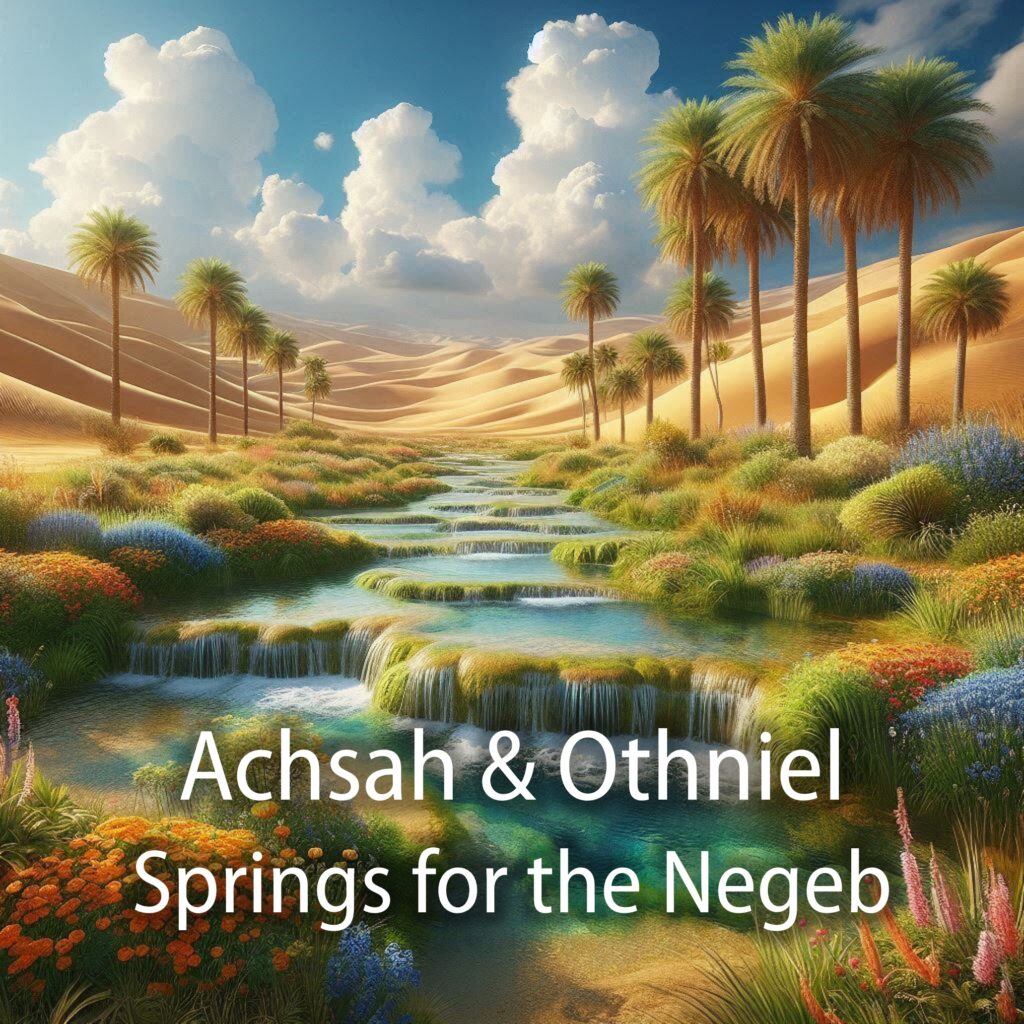
I do not mean to prejudice our discussions afterwards, so I won’t tell you what I think our particular springs of water are. I’ll just say that I know that they are abundant – that God has given us both the upper and the lower springs and a few others on the side. What’s more, I’m going to encourage us to think of those springs in the most open way possible.
For example, we have two key assets as a congregation. Those assets are real estate. We have a field in Hespeler and we have another field in Preston. I’m not sure which one is the upper spring and which one is the lower spring, but it hardly matters. And of course, we live in a world where real estate is seen as a very important asset. In the heart of two of the villages of Cambridge, these are valuable fields, right?
Now, I know that we could just put a dollar figure on those two pieces of property and say that we are finished calculating the value of our assets. But that is not what we’re supposed to do. We are called to see them as springs of water, sources of blessing upon all those who live in this Negeb. That is the challenge we are dealing with.
Assets in Many Forms
And we are not just talking about assets that are valued in the larger economic world. We have assets that are human skills and talents and abilities. We have assets in terms of our reputation in the community. And we have assets in terms of our connection and our partnership with other groups in the community, like the food bank.
These are all springs of water that our Father has given to us and is calling us to use them to minister and to serve in this dry, desert land where we find ourselves. That is the challenge. I am excited to be able to explore all of these possibilities with you.
